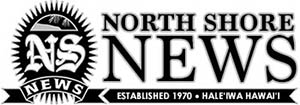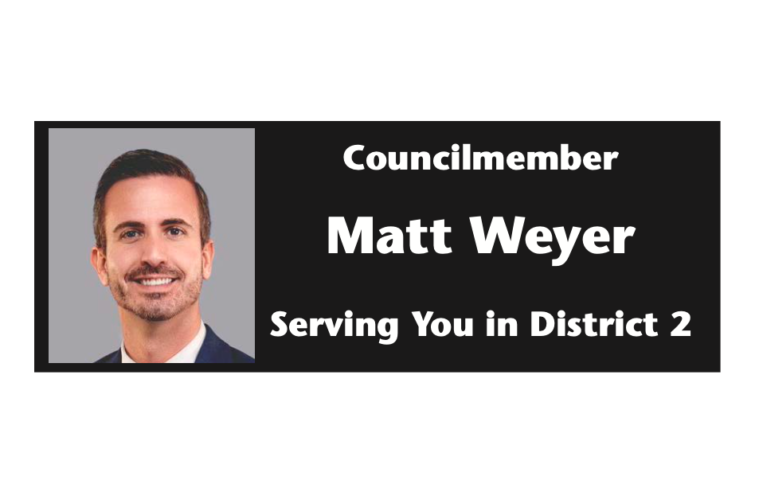I first want to extend my heartfelt congratulations to the Koʻolauloa Hawaiian Civic Club on their centennial! For 100 years, the club has played a significant role in preserving Hawaiian culture and engaging in issues of community, state, and national interest. They partner with local organizations on projects aimed at building sustainable and healthy communities. The Koʻolauloa Hawaiian Civic Club also focuses on education and advancing Native Hawaiian students by preserving and perpetuating Hawaiian arts, music, and language through initiatives like its annual scholarship program. It was an honor to have them join us at our last Council meeting to be recognized.
As families settle into their back-to-school routines and we look ahead to the holidays, it is important to remember that hurricane season is still upon us. It is never too late to ensure you are prepared for any potential emergencies. Whether it is updating emergency kits, securing your home, or revisiting your family’s emergency procedures, these small steps can make a big difference in keeping our community safe.
Every emergency plan should include some essential components. Assess whether your home’s age and structural integrity require you to evacuate. It is crucial to have a designated location where your family plans to meet if evacuation becomes necessary or if you become separated. Ensure you have up-to-date contact information for family members, friends,workplaces, medical providers, and others. It is also important to establish an off-island or out-of-state contact that everyone in your family knows to reach out to in case on-island communications are limited. Honolulu’s Department of Emergency Management recommends preparing a 14-day emergency kit for your family with enough nonperishable food and at least one gallon of water per person, per day. Do not forget essential items such as medications, a first aid kit, flashlights with extra batteries, and a battery-powered or hand-crank radio.
Last month, during our visit to Kahuku Hauʻoli Hale with the Department of Community Services and other community partners, we had the opportunity to talk story with residents about needs and concerns in the community. I appreciate the resources provided by the Community Based Development Division and Elderly Affairs Division from the City, and I want to extend a mahalo to the kūpuna-based organizations that joined, including Ke Ola Mamo, Koʻolauloa Health Center, and Healthyself Nutrition.
I also want to provide an update about what we have learned since the recent Turtle Bay community meeting. Since learning of the proposed project, we have engaged in discussions with the Department of Planning and Permitting, our Council attorneys, and community stakeholders like you. We have encouraged and requested public engagement, including presentations at our community associations and Neighborhood Boards.
It is clear that any development at Turtle Bay must comply with the previously established Unilateral Agreement, Environmental Impact Statement, and Special Management Use Permit (SMP) that were granted prior to our term in office. We have spoken with the Department of Planning and Permitting (DPP), and DPP has inspected and confirmed current activities at Turtle Bay are within the scope of the property owner’s permits. We will continue to assess ways to increase community engagement and involvement, and please reach out to our office directly if this is an issue you would like to discuss.
Many have also reached out about a road-widening project in Lāʻie. We have been in discussions with DPP, who have conducted inspections at the property. DPP’s role to date has been ensuring compliance with the applicable codes and permits. We have also talked with the parties directly involved on both sides, and have offered to facilitate a meeting as needed. Please reach out to our office directly if this is an issue you would like to discuss.
As always, if you have any questions or concerns, please do not hesitate to reach out to my office at (808) 768-5002 or email me at mweyer@honolulu.gov.



